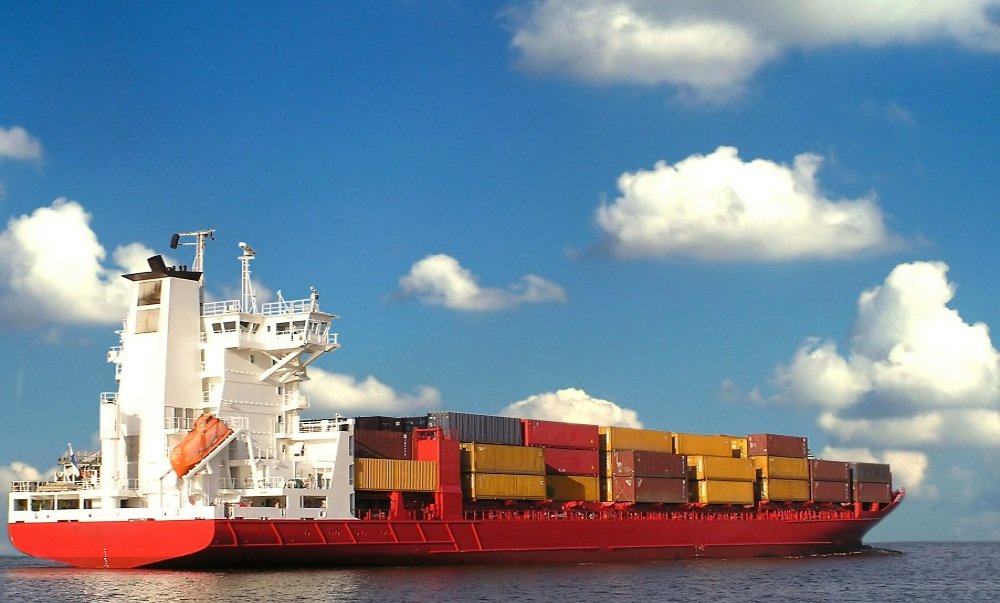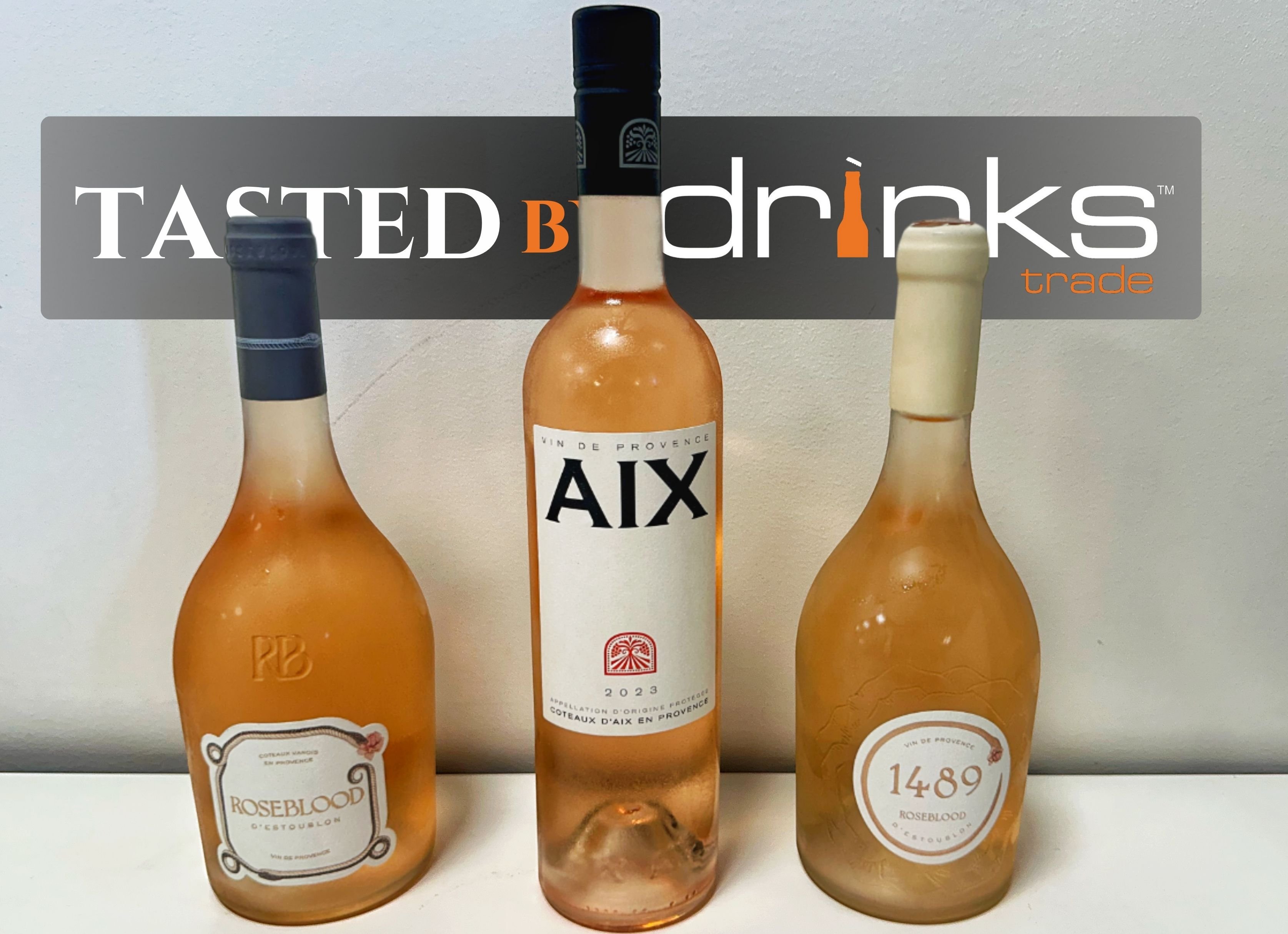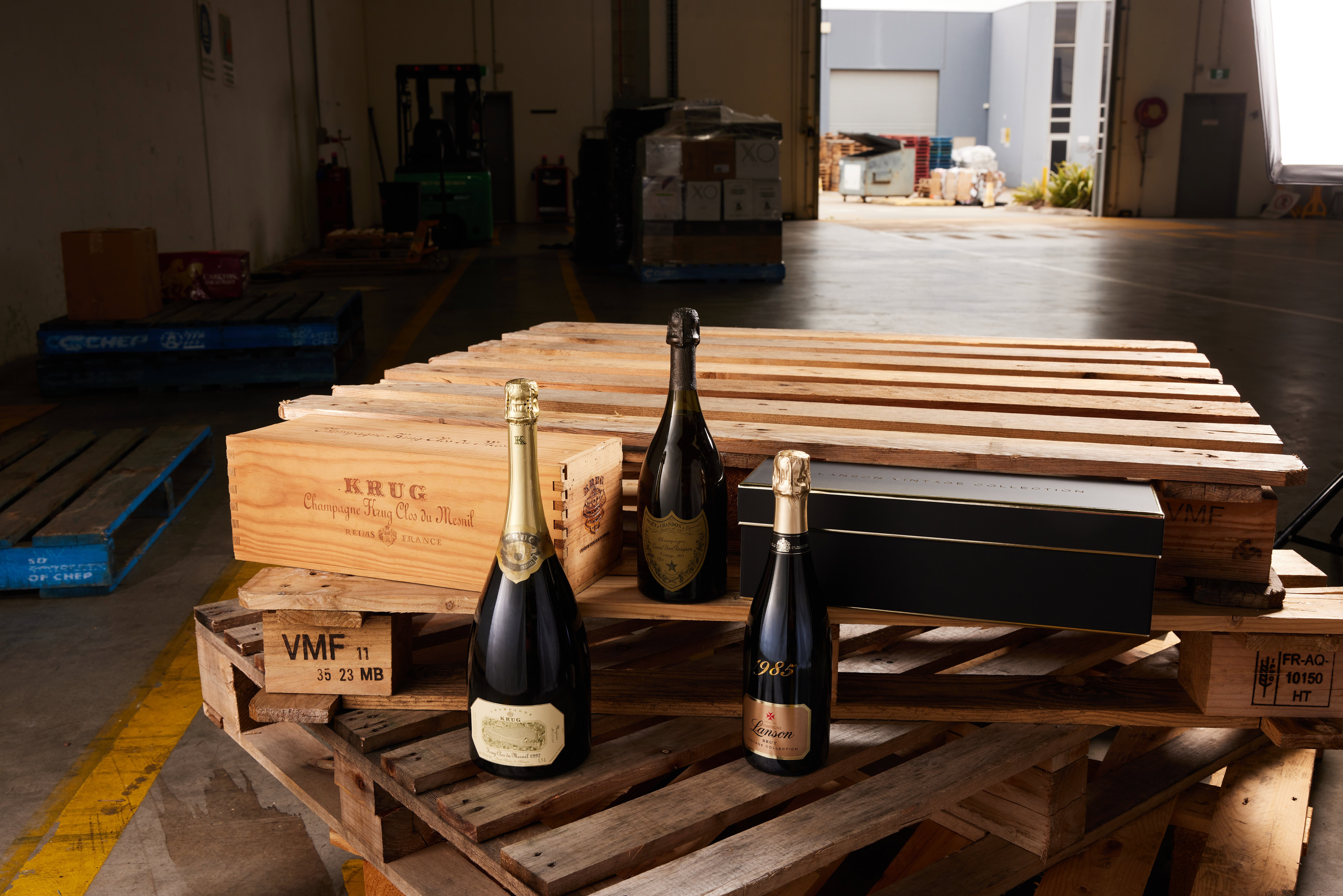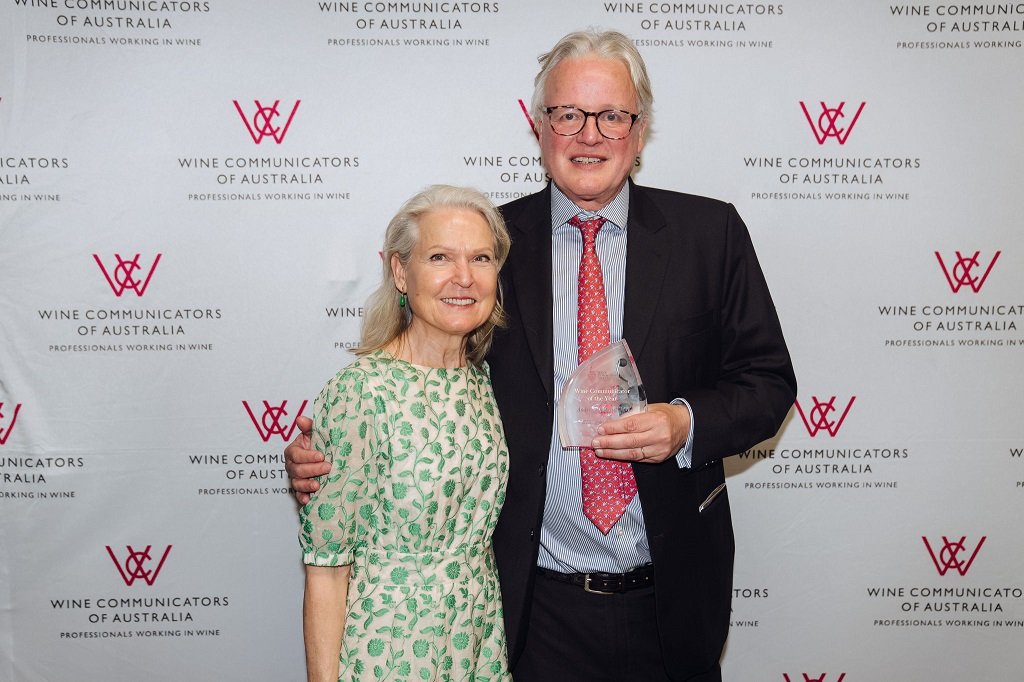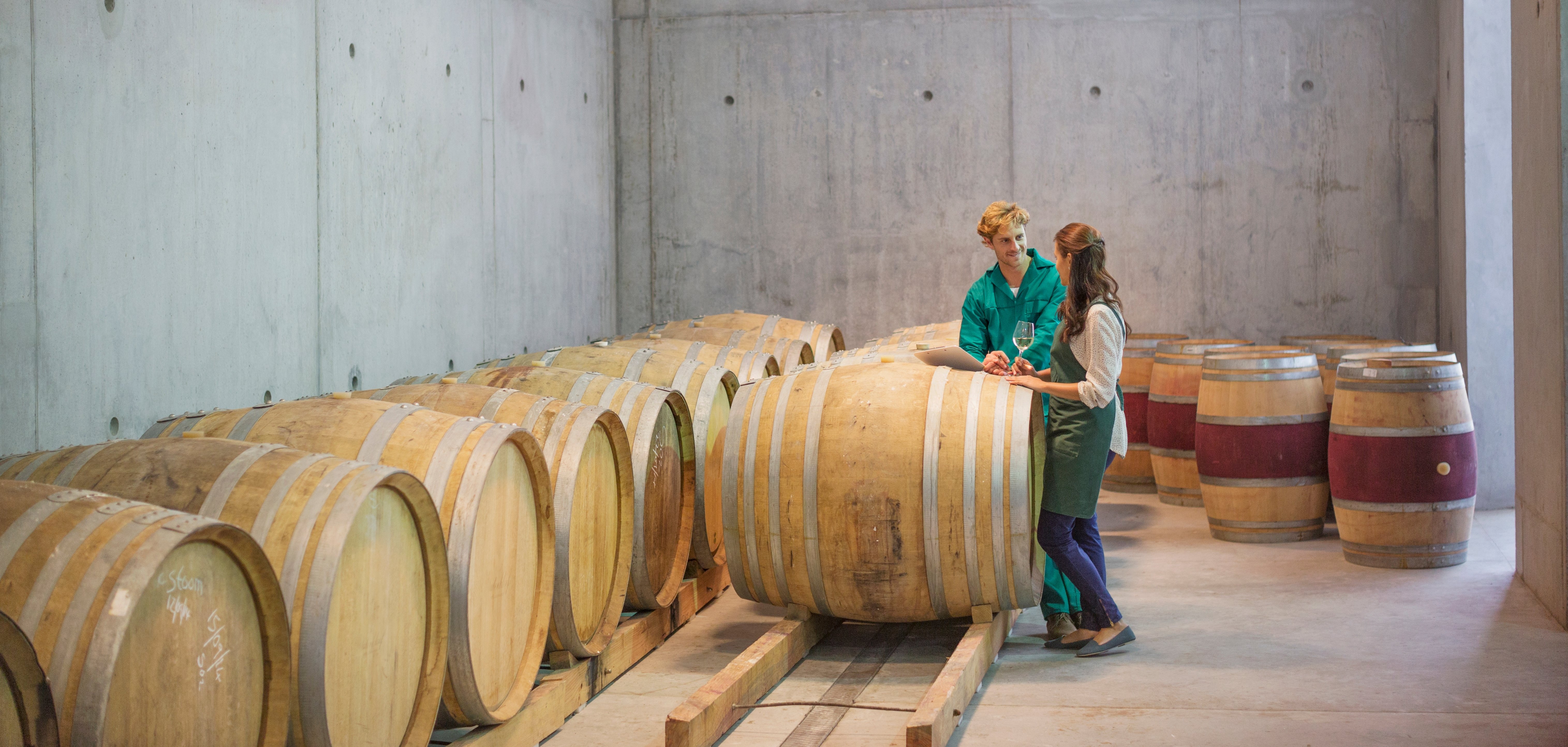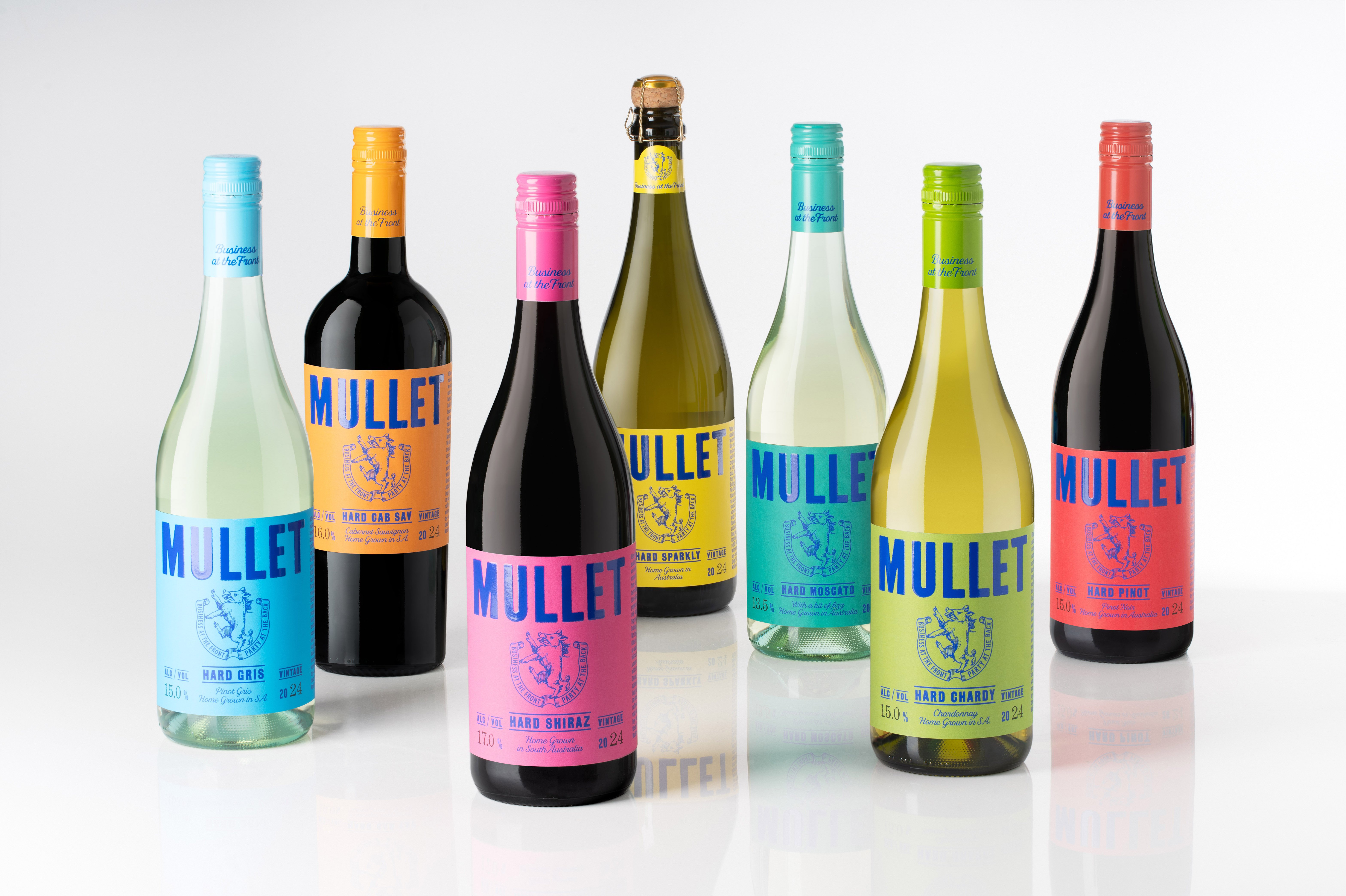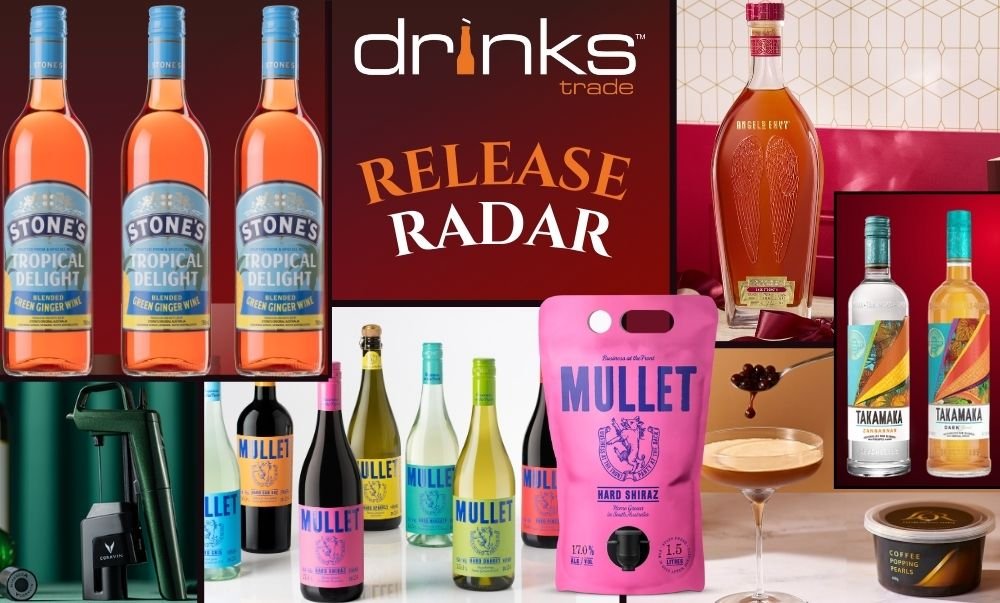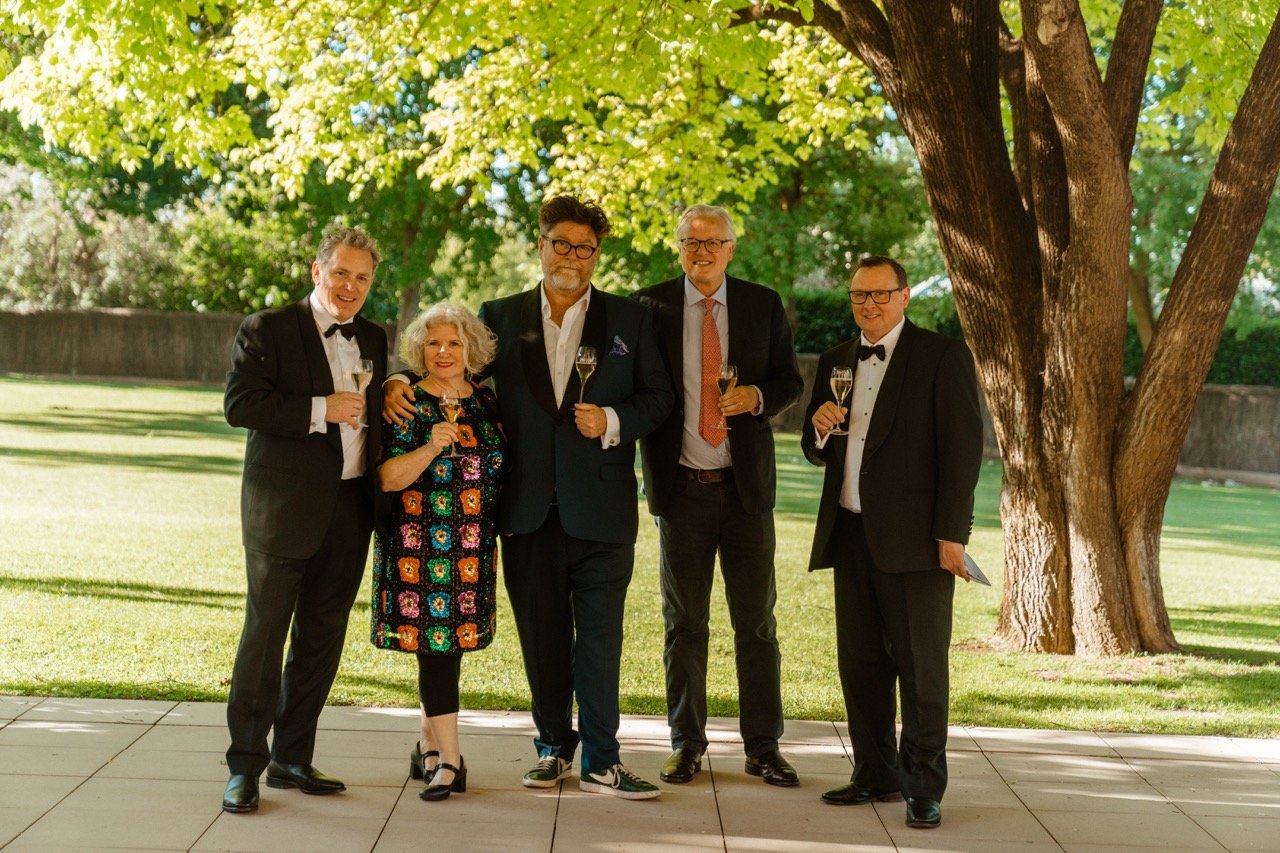After four years of exponential growth, Australia's billion-dollar wine trade with China is still shaky.
It appears the Chinese government is ramping up its covert trade relations game, making it difficult for Australian wine to clear customs at Chinese ports.
Australian Grape and Wine says Australian wine exporters have not as yet had any success in clearing customs since the unofficial ban was declared on Friday , 6 November.
Chief executive of Australian Grape and Wine, Tony Battaglene acknowledges there exists no official confirmation of the ban; however, it does appear ships arriving are undergoing increased scrutiny and being made to jump through new and unexpected hoops of compliance.
“There are quite a few containers now in Chinese ports going through more detailed customs procedures including testing of bottles in every shipment, intensive scrutiny of documentation and label checking for compliance with Chinese regulations. No reports of shipments being turned away but clearance time are looking to be very slow. Many exporters are holding off shipping for the time being, but not all,” Mr Battaglene said.
Australian wine exporters are approaching the developments with caution. Bruce Tyrrell of Tyrrell’s Wines in the Hunter Valley is looking to nurture other markets such as Japan, South Korea and Taiwan. He said they have also recently done deals in Nigeria and Uzbekistan, including putting someone on the ground in France to maximise sales in top restaurants.
"We have a good spread of countries we export to, they will not replace China, but it all helps."
Mitchell Taylor of Taylors Wines says the situation is a moveable feast.
He told Drinks Trade Online he decided to unload four containers of wine destined for China in Singapore and bring it back to Australia.
Taylor halted the shipment off the back of advice from the company's importer advising that Chinese Customs is now charging ongoing fees for as long as the wine sits at the port. It's a decision that is not only costing Taylors in extra shipping costs, but the wine is labelled for the Chinese market.
Taylor describes recent compliance hurdles such as insisting on documents to prove they are a family business with a 50-year history and strangely and randomly checking wines for compounds that are ethanol intolerant.
“They wanted to see documents,” explains Taylor, “They are really picking at technicalities and creating hurdles with no foundation.”
Despite the roadblock, Taylor says the industry is remaining compliant and being cooperative because he doesn't want to undo the past 25 years of hard work establishing China as a significant export market.
“We have employed three people in China to develop the market, and we spent a lot of time there. Relationships and long-term planning are very important to us.”
“Let’s hope we get through this and mend relationships, but at the same time we have to look at the entire world as our export market,” Taylor says.
Welcome news came yesterday from the Treasurer Josh Frydenberg who announced a ‘circuit breaker’ to ease escalating trade tensions with China.
The timely announcement came on the heels of Prime Minister Scott Morrison’s visit to Japan to secure a defence alliance and geopolitical insurance against China’s muscle flexing.
“Both of our countries have benefited hugely from our growing trade relationship; without this, we both lose.
"But despite our differences, we are committed to maintaining a strong and productive relationship. We stand to engage with the Chinese government in respectful, mutually beneficial dialogue,” Frydenberg said.
It's good news and a step in the right direction for the Australian wine industry.
As Mitchell Taylor eloquently put it, “You just don’t turn off a $1.2 billion market. There’s no pivoting here.”
Share the content
